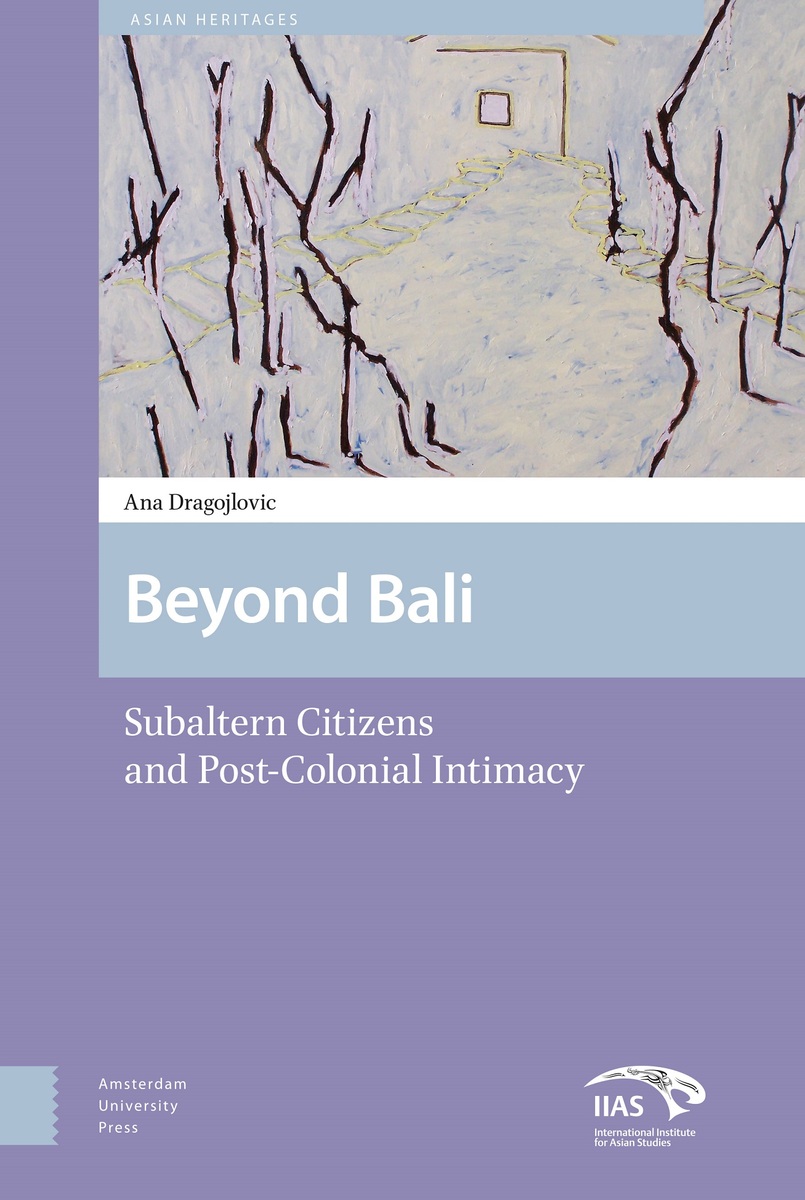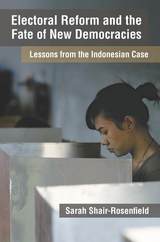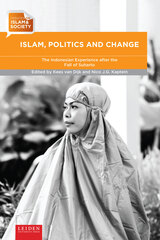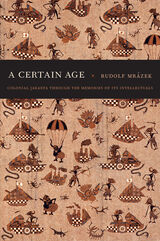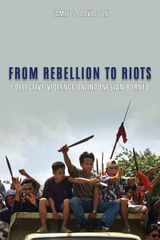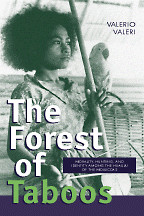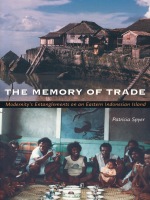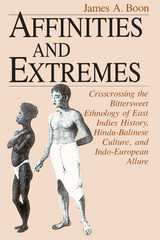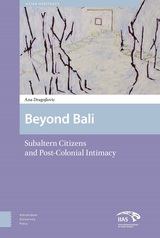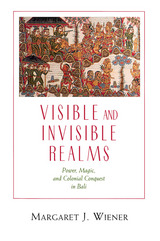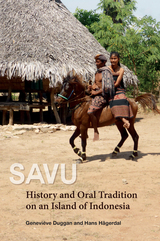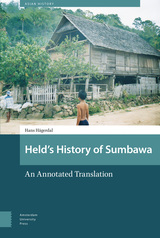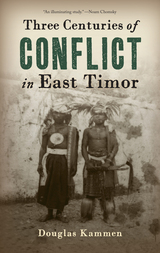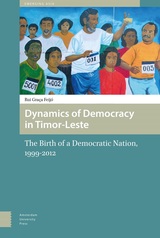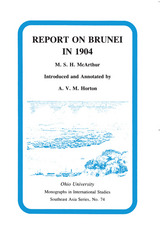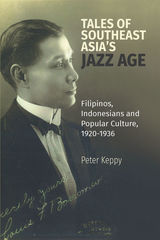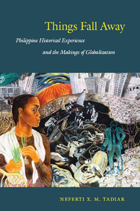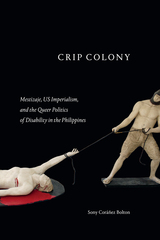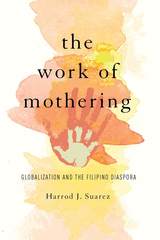Beyond Bali: Subaltern Citizens and Post-Colonial Intimacy
Amsterdam University Press, 2016
Cloth: 978-94-6298-064-8 | eISBN: 978-90-485-3003-8 (PDF)
Library of Congress Classification DS647.B2D73 2016
Dewey Decimal Classification 959.862
Cloth: 978-94-6298-064-8 | eISBN: 978-90-485-3003-8 (PDF)
Library of Congress Classification DS647.B2D73 2016
Dewey Decimal Classification 959.862
ABOUT THIS BOOK | AUTHOR BIOGRAPHY | REVIEWS | TOC
ABOUT THIS BOOK
This ethnography explores how Balinese citizens produce postcolonial intimacy-a complex interaction of claims to proximity and mutuality between themselves and the Dutch under colonialism that continues today. Such claims, Ana Dragojlovic explains, are crucial for the diasporic reconfiguration of kebalian, or Balinese-ness, a concept that encompasses the personal, social, and cultural complexities involved in Balinese identity in Dutch postcolonial society. This identity enables Balinese migrants to see themselves as carriers of unique cultural traditions both promoted by and in disagreement with Dutch cultural values.
See other books on: Bali (Indonesia : Province) | Balinese (Indonesian people) | Cultural & Ethnic Studies | Cultural & Social | Social life and customs
See other titles from Amsterdam University Press
